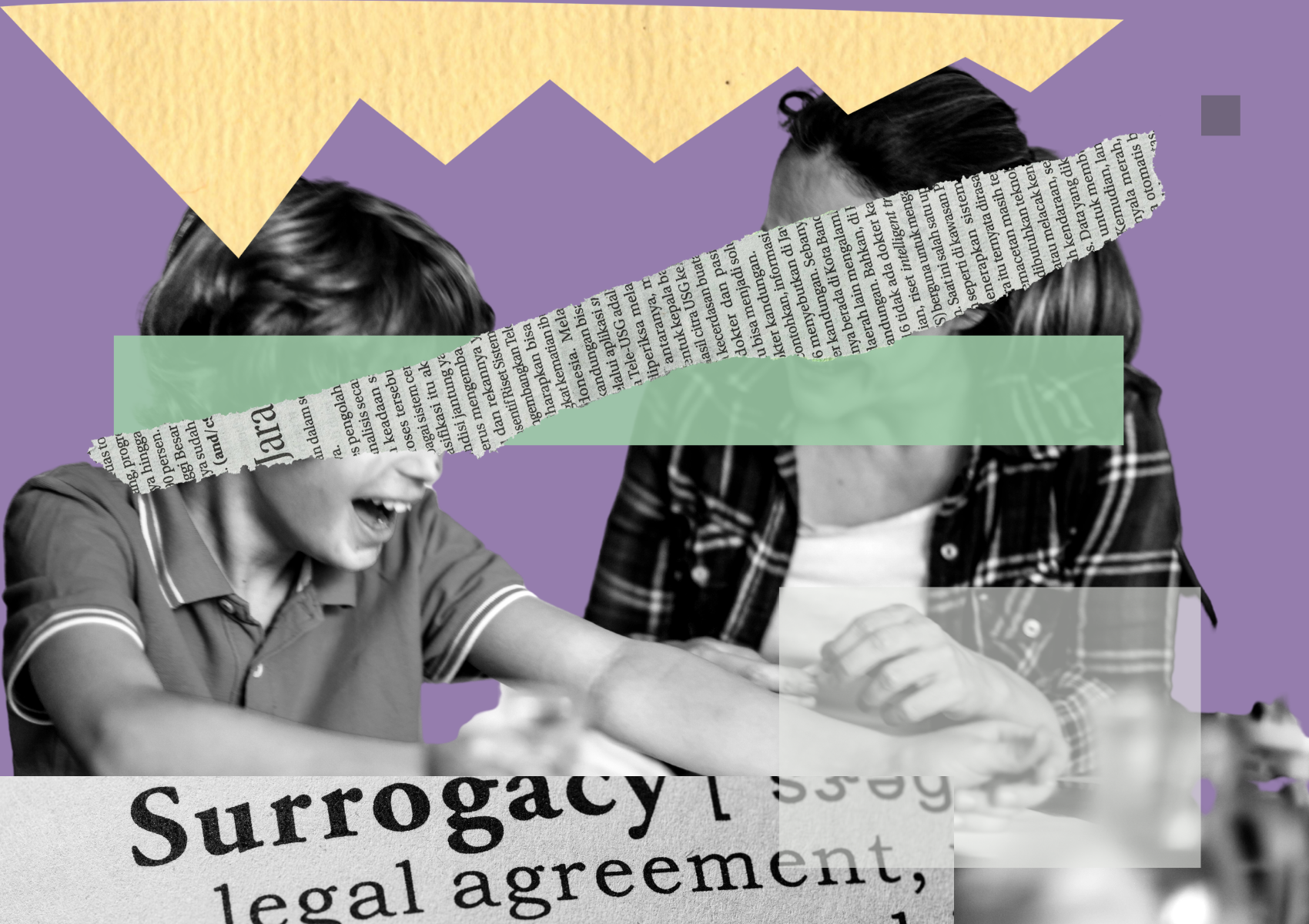Surrogacy, once seen as a last resort for childless couples, is gaining momentum worldwide. While it offers hope for many aspiring parents, the practice is sparking heated debates, facing fierce opposition from religious groups, feminists, and governments that condemn it as immoral and dangerous – leaving the future of surrogacy caught between compassion and controversy.
In the past, adoption was the common solution for childless couples who wanted children but could not have them naturally. However, as it was growing in popularity, authorities introduced stricter regulations to ensure the eligibility of wish-to-be parents: for instance, adopted children should have their own bedrooms and have access to high-quality education; they should be well-fed and undergo frequent medical check-ups. The legal process to obtain certificates for these is laborious and complex, so many parents now turn to surrogacy as an alternative, which has fueled its demand. Also, rising infertility, an increase in social acceptance of singles and gay couples who want to have children, and the spread of information on the Internet also contribute to the rise of surrogacy. If we view it positively, surrogacy not only brings happiness to some parents but it also helps create additional birth, a crucial step in reversing population aging. However, it has been facing a growing backlash from religious conservatives and feminists, who condemn it as “an immoral practice used to abuse women.”

The Italian Bishops’ Conference strongly opposes surrogacy.
The wave of opposition extends beyond personal beliefs and spills into policy making. Italy has banned surrogacy since 2004, declaring it a universal crime and putting it on par with human genocide. Parents seeking this service domestically or having surrogate babies abroad can face up to two years in jail and a fine of up to 1 million Euros. In December, a court in Spain, arguing it “goes against the natural order” outlawed the practice. These draconian rules put prospective parents in perils of prosecution and leave many babies parentless and stateless. They also encourage parents to seek opportunities in countries with lax regulations and often have their babies carried by people in poor and war-torn countries (these individuals are willing to carry babies unrelated to them in exchange for money, which is called gestational surrogacy). Weak legal enforcement and people’s responsiveness to financial incentives render poor countries perfect destinations for surrogacy, but this also raises serious concerns. The healthcare system in impoverished nations is underfunded and inadequate to meet the rising demand, compelling most surrogacy agencies to build and operate their own clinics centers, where they coordinate all the medical procedures on surrogate mothers. However, these private centers often fail to meet basic requirements in terms of hygiene and safety, thus jeopardizing mothers’ health. Poor healthcare services in these countries are linked to the high rates of premature deaths, premature births and after-birth complications among surrogate mothers. Health concerns aside, ethical questions abound. Is it morally right to buy human life? Giorgia Meloni, Italy’s prime minister, said “human life is precious and is not a tradable commodity. Putting a price on babies goes against the basic moral principles, which regard humans as priceless. Also, whether or not surrogacy violates women’s rights to bodily autonomy remains unclear.

Critics argue we cannot step on the rights of children and women for the desires of some couples
Recognizing these concerns, some countries only allow altruistic surrogacy (not commercial surrogacy), whereby surrogate mothers are paid no more than the actual cost of medical procedures. This challenges the notion that all surrogates are uneducated women who resort to making money using their body. Sarah Jones has carried babies for other people 5 times, but few people are as altruistic as her. That’s why commercial surrogacy is booming in rich countries, and governments have introduced a host of regulations to curb its activity. The thing about rules, however, is that they do not really address the problem. Rigid regulations force childless parents to seek chances underground, which inadvertently puts surrogacy into the hands of criminals and human traffickers. Also, if authorities in one country decide to make it surrogacy-friendly, it will become a popular destination with booming surrogacy industries. Popularity, however, drives demand beyond supply, leading to longer waiting times and increased expenses, not to mention stricter regulations imposed by governments. These problems, then, prompt agencies to look for alternatives, and new popular destinations will emerge. This can lead to a vicious cycle of unregulated and underground markets. Therefore, regulations do not fully solve the problem. Instead, they only shift it elsewhere.
Perhaps the only way to prevent surrogacy-related abuses is through an international treaty. All nations should make surrogacy universally legal and safe to maximize the joy it brings and minimize its harm. However, such utopian vision seems forlorn. Countries are already too divided over whether surrogacy should be outlawed to even begin to regulate it sensibly.
– Tran Khanh Huyen
